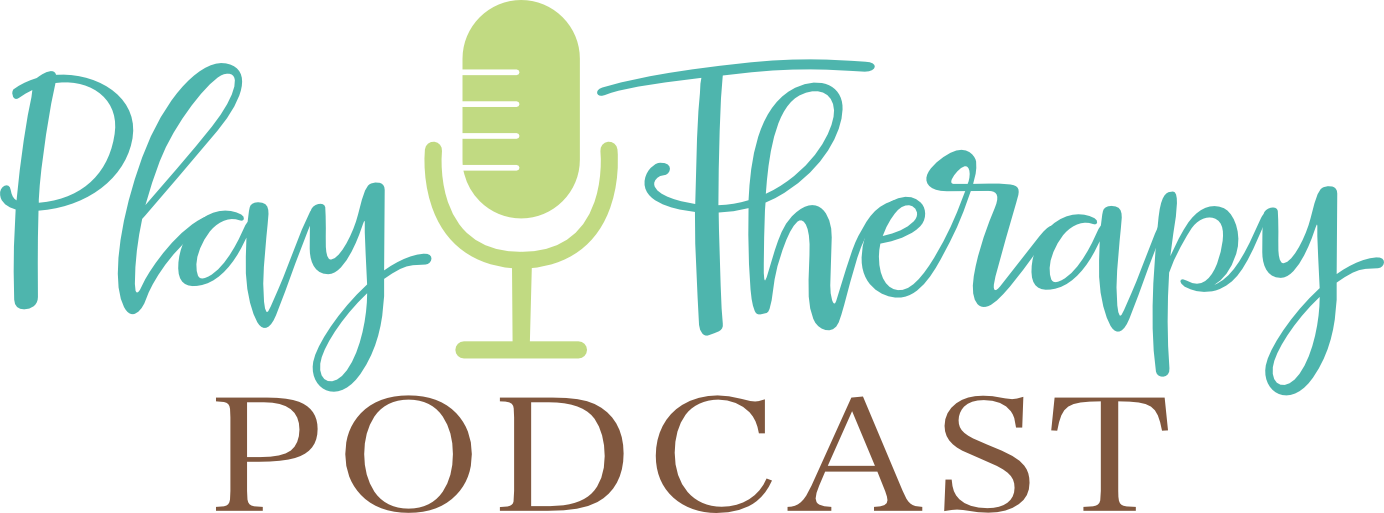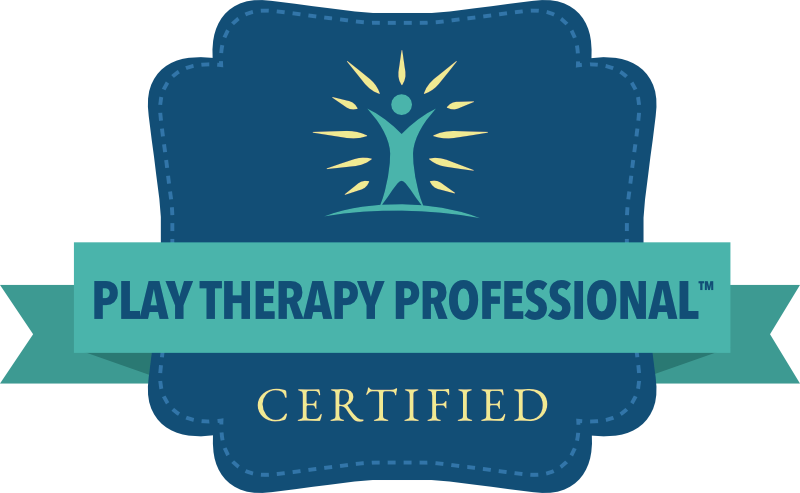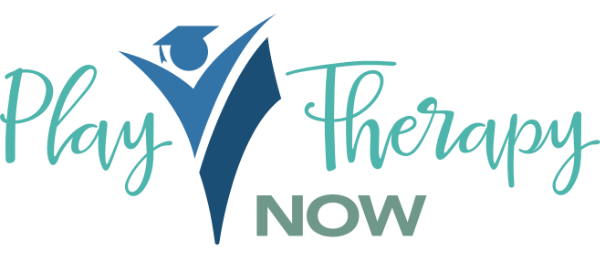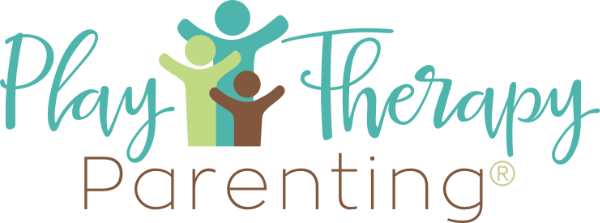Sending Birthday Cards: Balancing Customer Service and Confidentiality
In this episode of the Play Therapy Podcast, I respond to Brianna from Texas, who asks about the process of sending birthday cards to clients while maintaining confidentiality. I explain the benefits of sending birthday cards and how it strengthens the relationship between therapist and child. I also share practical steps for ensuring confidentiality, such as using only the child’s name and mailing address and leaving the sender’s identity discreet.
I also provide tips on how to make birthday cards more meaningful, like having the therapist write a personal message and considering cost-effective options like postcards. Sending birthday cards can be a simple yet impactful gesture that adds a personal touch to the therapy process, making children feel special and appreciated.
Sign up for my exclusive newsletter at playtherapynow.com. Stay ahead with the latest CCPT CEU courses, personalized coaching opportunities and other opportunities you need to thrive in your CCPT practice!
If you would like to ask me questions directly, check out www.ccptcollective.com, where I host two weekly Zoom calls filled with advanced CCPT case studies and session reviews, as well as member Q&A. You can take advantage of the two-week free trial to see if the CCPT Collective is right for you.
Ask Me Questions: Call (813) 812-5525, or email: [email protected]
Brenna’s CCPT Hub: https://www.playtherapynow.com
CCPT Collective (online community exclusively for CCPTs): https://www.ccptcollective.com
Podcast HQ: https://www.playtherapypodcast.com
APT Approved Play Therapy CE courses: https://childcenteredtraining.com
Twitter: @thekidcounselor https://twitter.com/thekidcounselor
Facebook: https://facebook.com/playtherapypodcast








